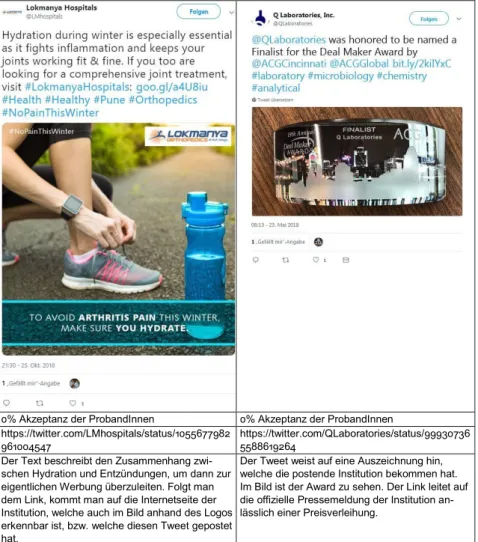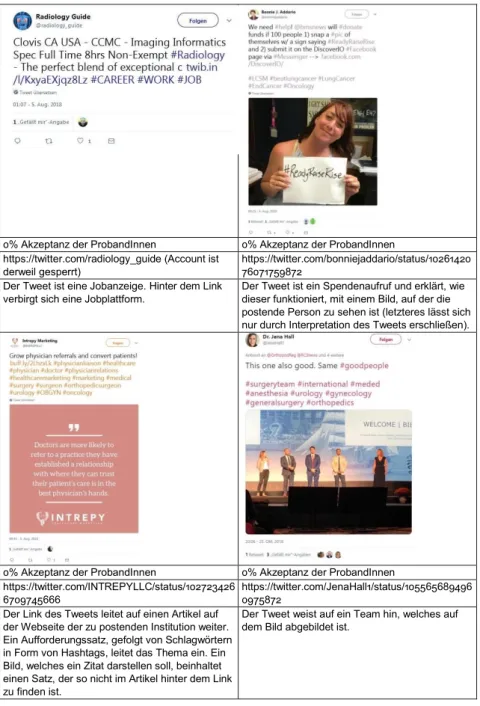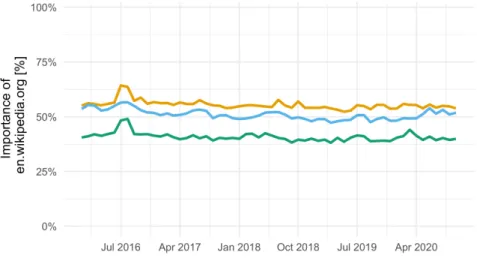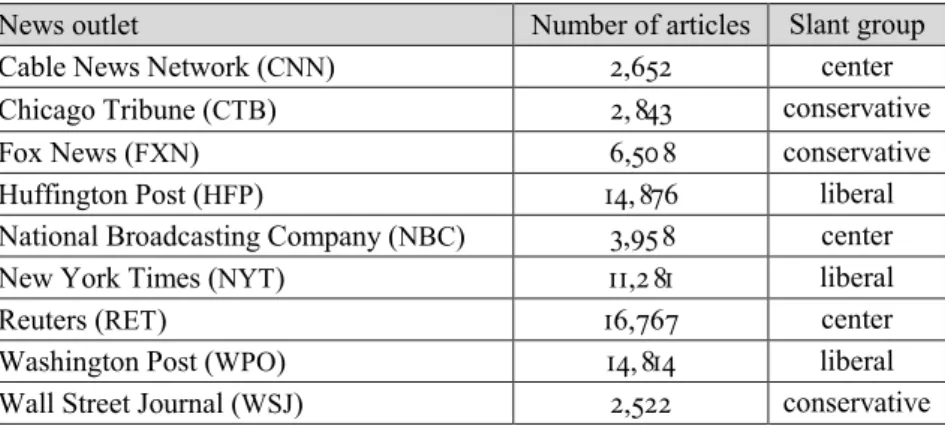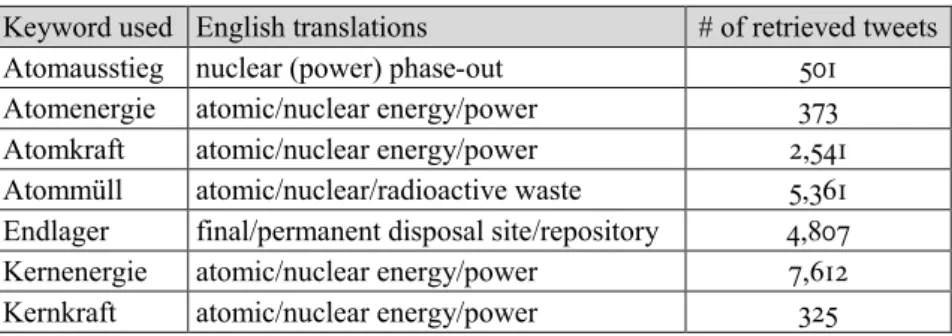Schmidt, Wolff (Eds.): Information between Data and Knowledge Inhaltsverzeichnis 1
Volltext
Abbildung
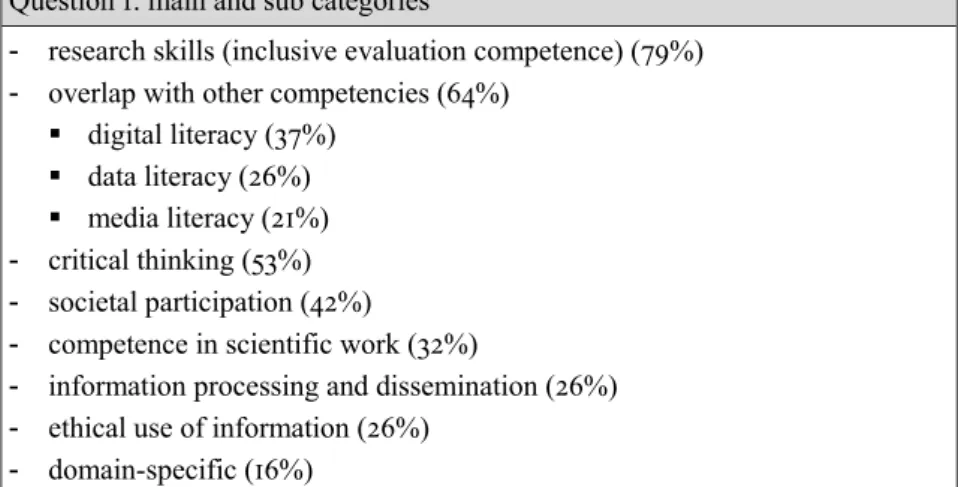
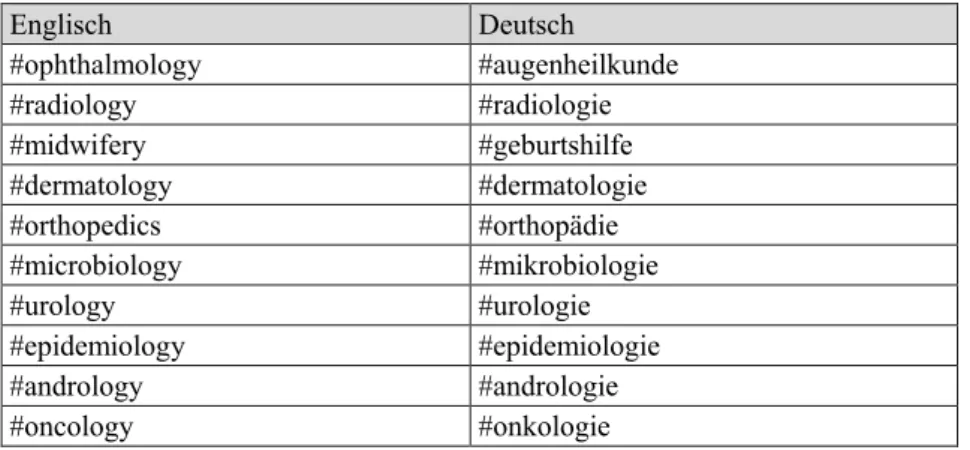
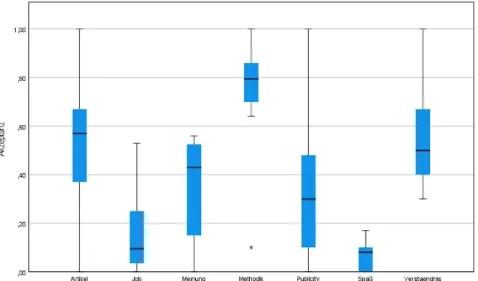
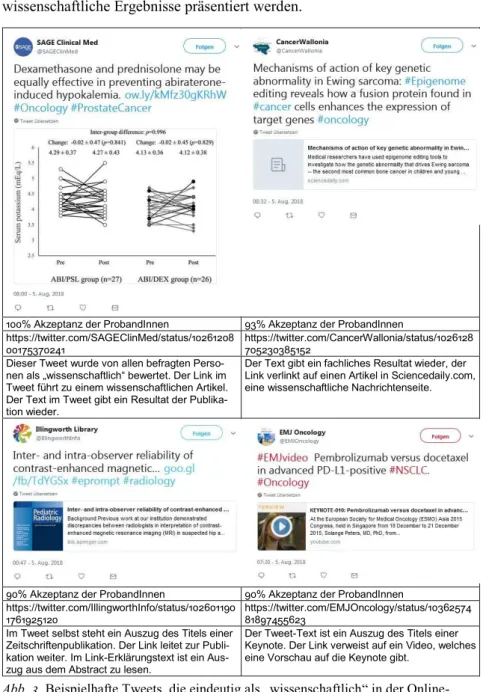
ÄHNLICHE DOKUMENTE
(2007) determined the following formula for the relation of the number of publications and the average citation rate to the H-Index:.. h = c*N pm
This makes it very difficult to make a unifying theory for LIS that encompasses both the algorithmic way of dealing with intelligence, knowledge and communication in the computer,
2 Information Retrieval and Web Search Engines — Wolf-Tilo Balke and Joachim Selke — Technische Universität Braunschweig..
2 Information Retrieval and Web Search Engines — Wolf-Tilo Balke and Joachim Selke — Technische Universität Braunschweig!. •
RC (8) Development of a data model for medical language resources (i.e., litera- ture corpora and vocabularies) that integrates different resource formats and and enables the
A theoretical part pro- viding an introduction to mobile computing, smartphone operating systems and development platforms, as well as mobile web applications and mobile
For the evaluation, we use two different test collec- tions in the German language: (i) GIRT [5] for the infor- mation retrieval task, and (ii) a collection of descriptions
„[…] Daten (die für sich keinen Informationswert haben) werden zu Information (das heißt, es wird den Daten eine Bedeutung vermittels ihrer Organisation zugewiesen), die
